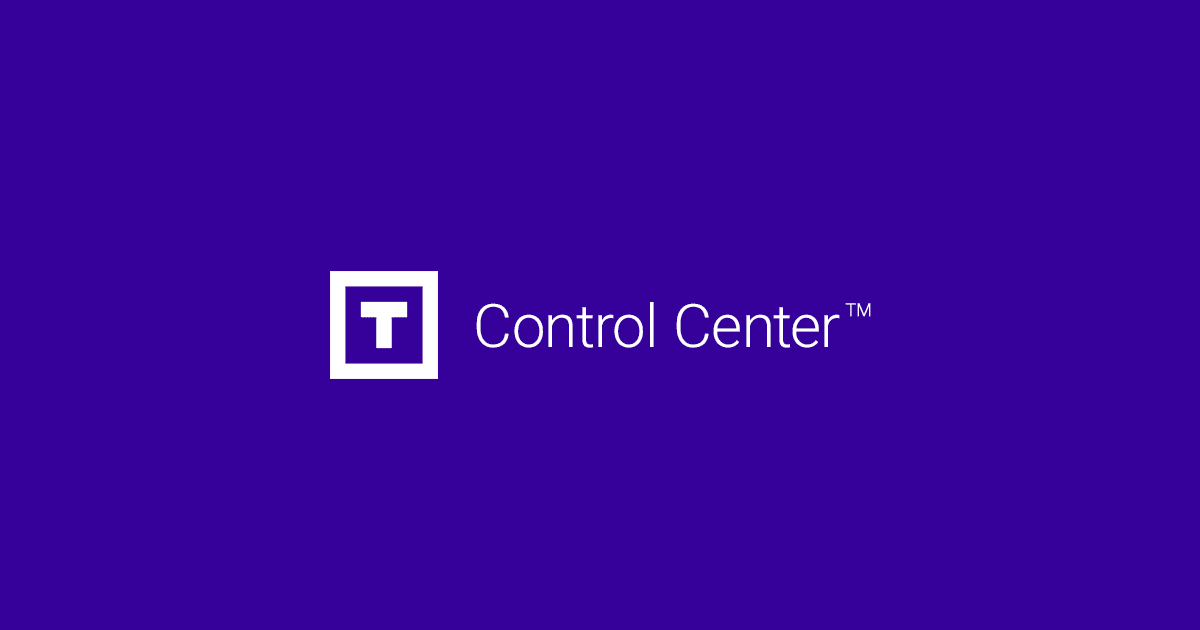
Protect your website and the trust of your users
In the digital age, where online transactions are increasingly common, data security is a primary concern for both users and website owners. This is where the SSL/TLS certificate comes into play, a fundamental tool to ensure the protection of sensitive information and strengthen the trust of your visitors.
What is an SSL/TLS certificate?
An SSL/TLS certificate is a security protocol that establishes an encrypted connection between a web server and a browser. This means that all data transmitted between them, such as passwords, credit card numbers, and other personal information, is encrypted and becomes unreadable to any intruder trying to intercept it.
Benefits of an SSL/TLS certificate
- Data encryption: The main advantage of an SSL/TLS certificate is that it encrypts the communication between the server and the browser, protecting your users' information from potential attacks.
- Website authentication: An SSL/TLS certificate verifies the identity of your website, which helps prevent phishing and identity theft. Users can be sure that they are interacting with the legitimate website.
- Improved search engine ranking: Google and other search engines consider a website's security as a ranking factor. Having an SSL/TLS certificate can improve your position in search results.
- Increased user trust: Users are increasingly aware of the importance of online security. A green padlock in the address bar and the HTTPS protocol are clear signs that your website is secure and trustworthy.
- Compliance with regulations: Many industries have legal requirements to protect customer data. An SSL/TLS certificate is essential to comply with these regulations.
How does an SSL/TLS certificate work?
- Certificate request: The website owner requests an SSL/TLS certificate from a certification authority.
- Identity verification: The certification authority verifies the identity of the applicant.
- Certificate issuance: Once the identity is verified, the certification authority issues the certificate.
- Certificate installation: The certificate is installed on the web server.
- Establishment of a secure connection: When a user visits the website, the server and the browser establish an encrypted connection.
In summary:
An SSL/TLS certificate is an essential investment for any website that handles confidential information or wants to build trust with its users. By protecting your visitors' data, you will improve your brand's reputation and increase the chances of converting your visitors into customers.




